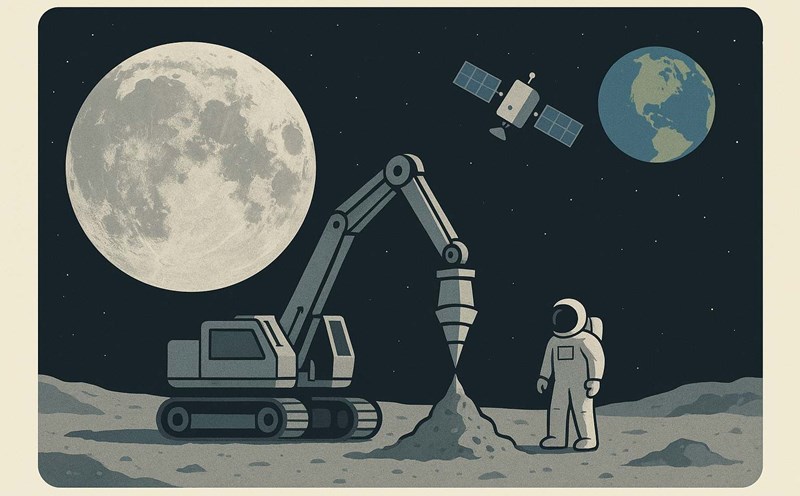Artificial Intelligence (AI) is increasingly associated with daily life, from phones, emails, searches to creative software. But behind that convenience is a potential climate cost that few people notice.
In fact, every AI request consumes energy, largely produced from fossil fuels, which means greenhouse gas emissions, says Noman Bashir, a researcher at MIT (Massachusetts Institute of Technology, Massachusetts Institute of Technology).
Data centers (the heart of AI operation) not only consume huge amounts of electricity but also need huge amounts of water to cool, some places up to nearly 19 million liters/day, equivalent to the water needs of a town of 50,000 people.
We are building data centers faster than we can replenish renewable energy, so we are still relying heavily on fossil fuels, says researcher Noman Bashir.
The problem lies in the fact that this impact is almost invisible to users. A high-resolution AI image can consume half as much energy as charging a phone, while a simple AI request can be 23 times more than traditional Google search. With more complex requirements, the consumption is hundreds of times higher.
According to Professor Jon Ippolito (University of Maine), improving chip performance does not mean reducing the impact, because the Jevons paradox shows that when resources become cheaper, humans tend to use them more.
However, experts say that users can still reduce their carbon footprints (the total amount of greenhouse gases, including CO2, methane, oxygen oxide... created directly or indirectly by the activities of an individual, organization, or the life cycle of a product when accessing technology).
Some recommended ways are to limit repetitive queries, prioritize human-generated images over AI, choose green search engines like Ecosia, or use local AI versions to reduce dependence on large data centers.
We cant turn our backs on AI, but we can choose to use it more responsibly. Every small action, from saving screen time to reducing consultation waste, contributes to limiting the climate impact, Professor Ippolito emphasized.
AI promises to open a new era of creativity, but at the same time, it is a big environmental challenge. The question is not only how to develop technology, but also how to make technology develop sustainably on this planet.











